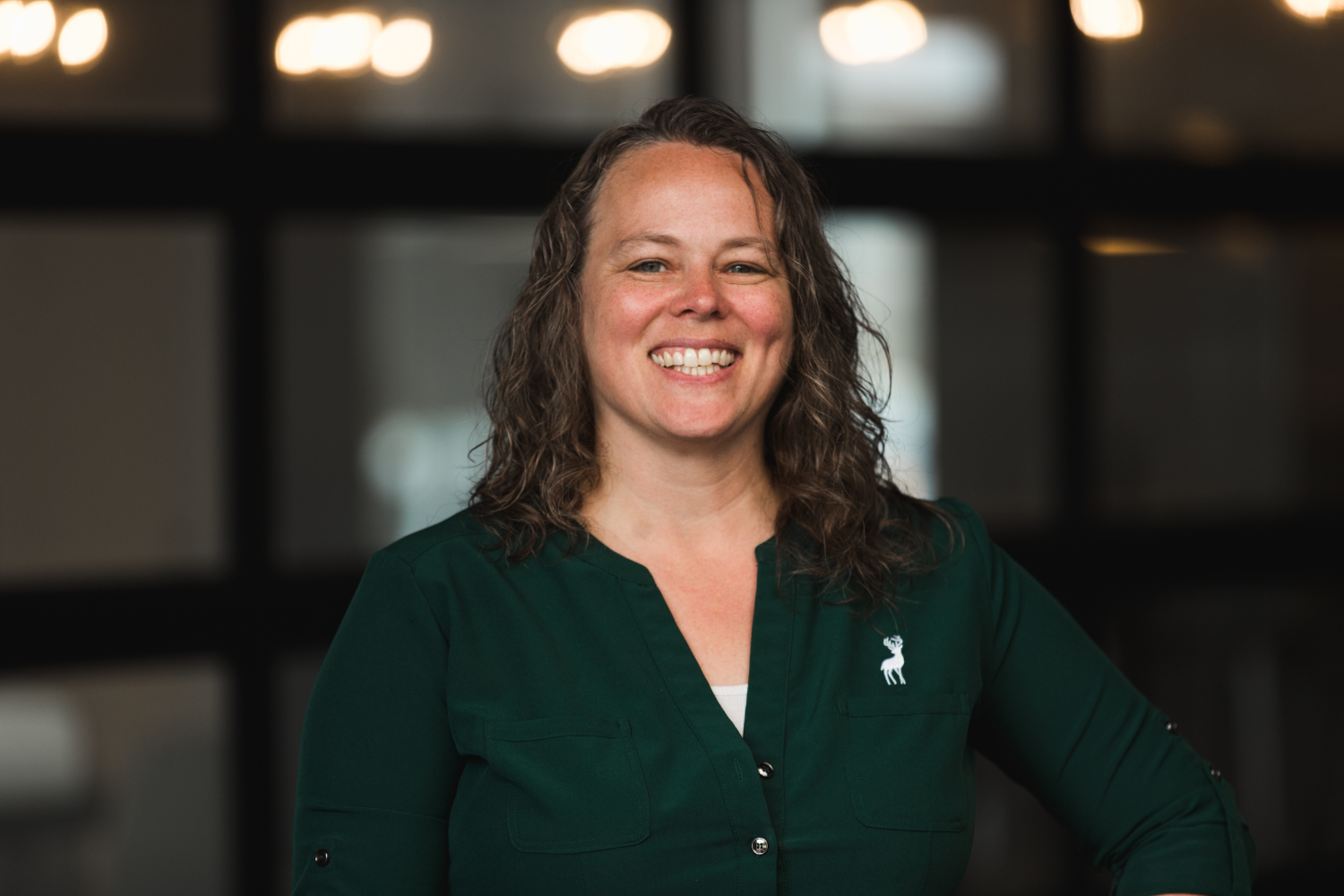Congratulations on graduating high school! Let’s explore financial tips for high school graduates like you as building a good relationship with money is just as important as figuring out your next step in life. We all know that it’s much easier to establish good habits when you’re young than it is to break bad habits later in life – so while you journey out to your next chapter in life, let’s make sure you are in the best possible financial position.
By developing good money habits early, you’ll be setting yourself up for a lifetime of smart financial decisions. Whether it’s buying a home, starting a business, or saving for retirement, good financial habits can help you achieve your future goals.
Here are some financial tips for highschool graduates like you:
1. Create a budget
Start by tracking your income and expenses. A budget will help you control your spending and ensure you’re not overspending. A budget doesn’t have to be a complicated spreadsheet! There are lots of free online tools and apps that offer easy budget tools to help you track what money comes in, and what money goes out. Those debit card swipes and Amazon checkout now clicks add up fast!
2. Live within your means
Avoid the temptation to live beyond your means. With fancy cars, designer clothes, and trendy weekend vacations plastered on your phone screen, it can be easy to fall into the perception that everyone but you has the best of everything. But all that glitters isn’t necessarily gold. It’s better to have a comfortable lifestyle that you can sustain than to be constantly struggling to pay the bills, or drowning in debt.
3. Borrow wisely
Avoid taking on unnecessary debt, especially high-interest credit card debt. That trendy weekend vacation mentioned above or those latest sneakers? If you don’t have the money in the bank, don’t put it on a credit card. If you do need to take on debt, make sure you understand the terms and the interest rate.
4. Save for emergencies
Set aside money for unexpected expenses, such as medical bills or car repairs. Emergency financial situations can throw off even the most thought-out and followed budget. Aim to save enough to cover three months of living expenses, six months if you’re feeling ambitious! When there isn’t a saving cushion for emergencies, the temptation is to put purchases on credit cards, which can increase debts.
5. Start saving for retirement
Even if you’re just starting out in the workforce, it’s important to start saving for retirement early. Roughly 70% of retirees said that changing their habits to save or invest more and earlier is the top advice they’d give their younger selves, according to the Employee Benefit Research Institute’s retirement readiness survey. Consider opening a retirement account, such as an IRA or 401(k), and contributing regularly.
6. Find a bank and banker you can trust
It’s important to build a relationship with a bank and banker you can go to with questions or who can guide you as you build credit, develop needs for loans, or have personal finance questions. Community banks like Deerwood can offer a level of personal service that online and national banks can’t replicate.
7. Build your credit score
A good credit score will help you qualify for lower interest rates on loans, credit cards, and future big purchases like a car or home. Make sure you pay your bills on time and avoid taking on too much debt to build up your credit score and keep your credit score high.
8. Invest wisely
Consider investing in stocks, bonds, or mutual funds. But remember that investing always carries some risk, so it’s important to do your research and be mindful of the risks. There are podcasts, master classes, and so many books to help you become educated on investing.
Remember, financial responsibility is a lifelong journey. By starting early, you’ll have more time to work towards your goals and more financial resources to help you achieve them and you’ll be setting yourself up for a secure financial future!
If you’re looking for a bank that can walk alongside you during your financial journey, connect with one of Deerwood Bank’s personal bankers to get started!





